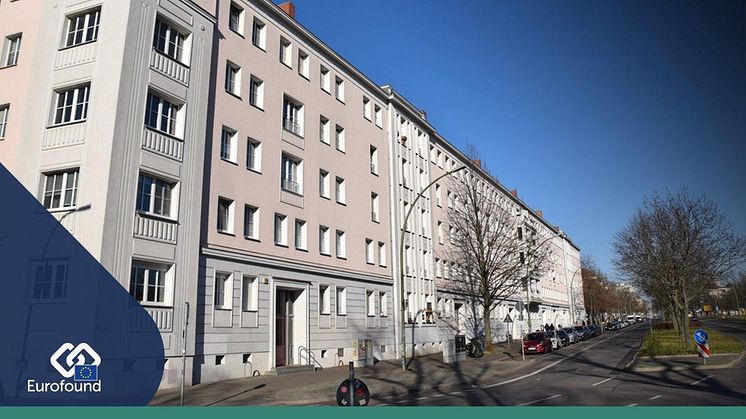Trust in Slovakian national government on a par with EU average during COVID-19 crisis
Trust in Slovakian national government on a par with EU average during COVID-19 crisis.

Trust in Slovakian national government on a par with EU average during COVID-19 crisis.

People in Italy reported both the third lowest optimism for the future, and fourth lowest mental well-being, in the EU in Eurofound’s Living, working and COVID-19 online survey. The survey amassed over 85,000 responses in April, including 2,676 from Italy.

The Coronavirus (COVID-19) pandemic is having a profound impact on families and working life across Europe. In addition to the health implications, many people are now required to balance caring for and educating children, while at the same time continuing to manage work responsibilities.

Trust in institutions such as the news media, national government, European Union, healthcare system and Gardaí has remained comparably high in Ireland during the COVID-19 pandemic, despite dropping levels of trust across Europe.

On Europe Day 2020, the EU institutions want to pay tribute through numerous online activities to the many Europeans who, in a spirit of solidarity, are helping our Union get through the coronavirus crisis.
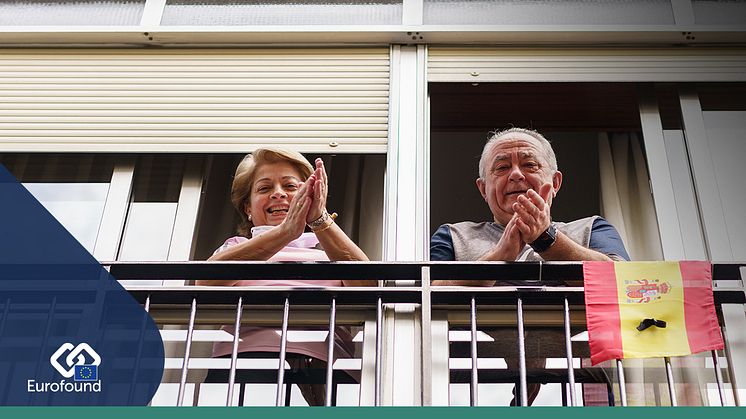
The first results from Eurofound’s Living, working and COVID-19 online survey show a Europe grappling to respond to the crisis caused by the COVID-19 pandemic with many respondents reporting high levels of loneliness coupled with low levels of optimism about their future.
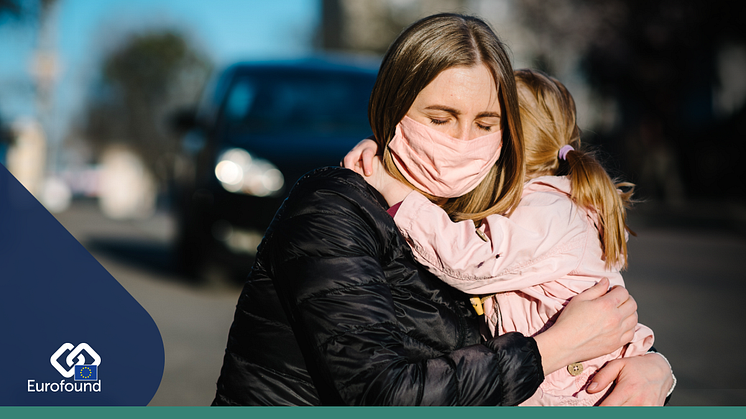
The high levels of resilience reported by the Netherlands may be of long-term benefit to the country as the outbreak of the Coronavirus (COVID-19) pandemic continues to present enormous social, economic and health challenges. The Netherlands reports the highest level of resilience across the EU, with just 17% of respondents reporting difficulty managing their lives when things go wrong.

Eurofound's analysis of the 2016 European Quality of Life Survey shows that in many countries decline in trust in institutions was a temporary phenomenon during the recession that followed the 2008 financial crisis.
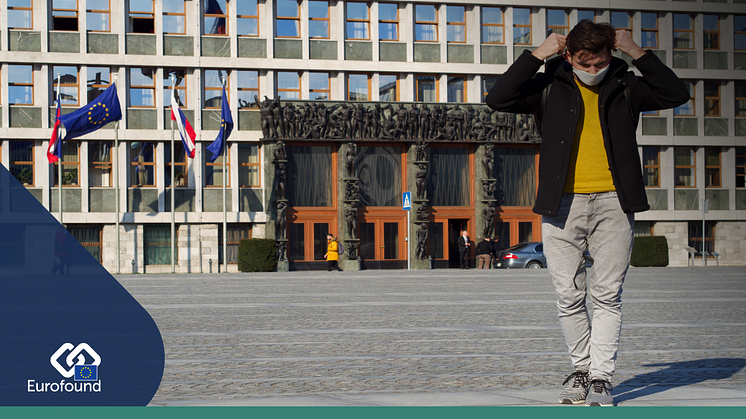
Eurofound research shows that the healthcare sector already has among the highest reported work intensity scores in Europe. COVID-19 risks not only exacerbating imbalance between sectors, but also creating a broader gender imbalance in work intensity on the labour market, as women are most represented in healthcare.

While the outbreak of the Coronavirus (COVID-19) pandemic presents enormous social, economic and health challenges, it is worth noting on Cyprus’ national day that there have been improvements to the quality of society in recent years with the level of social exclusion declining between 2011 and 2016, while at the same time, the level of trust in people has increased.

The onset of the COVID-19 pandemic has thrown societies around the world into flux and threatens to undo some of the positive progress that has taken place in recent years. However decreasing levels of societal tensions, such has been the case in Greece, may be a positive indicator of strengthening solidarity in society which is important in these difficult times.

Hungary has recorded a remarkable improvement in the level of labour market participation over the last decade and unemployment rates have fallen to some of the lowest levels in the EU. At the same time, life satisfaction in Hungary has increased from 5.9 in 2003 to 6.5 in 2016 and the share of population struggling to make ends meet has been on a downward trajectory.

Today, the European Commission presented its strategy for equality between women and men in Europe. The Gender Equality Strategy 2020-2025 sets out key actions for the next 5 years and commits to ensure that the Commission will include an equality perspective in all EU policy areas.
Gender equality is a critical component of economic growth and social rights in Europe. In this light, the EU ha

Men outnumber women in management positions by almost two to one in the EU, despite women constituting 48% of the labour market. On average, women made up just 36% of all managers in the EU in 2015, and despite some progress being made in recent years, men outnumber women in management positions in almost all sectors.

Bulgaria has experienced seismic shifts in typical household composition over the last decade; reporting the largest decrease in the share of multigenerational households in the EU, as well as increasing levels of cohabitation and people living alone. These societal trends occur at the same time as improving quality of life, higher labour market participation rates and population ageing.

New calculations from Eurofound show that the difference in female and male employment rates cost the EU, including the United Kingdom, over €360 billion in 2018.

The new von der Leyen Commission took office on 1 December 2019. Having adopted its first work programme on 29 January 2020, the Commission sets out its plans for a transition to a fair, climate-neutral and digital Europe. It outlines six top priorities. Eurofound’s work directly feeds into a number of these key areas aimed at creating a strong social Europe.

Cohabitation – couples living together without being married – is on the rise in Europe. Eurofound’s calculations of EU data shows that France (13%), Sweden (13%) and Finland (12%) recorded the highest co-habitation rates in the EU in 2017.
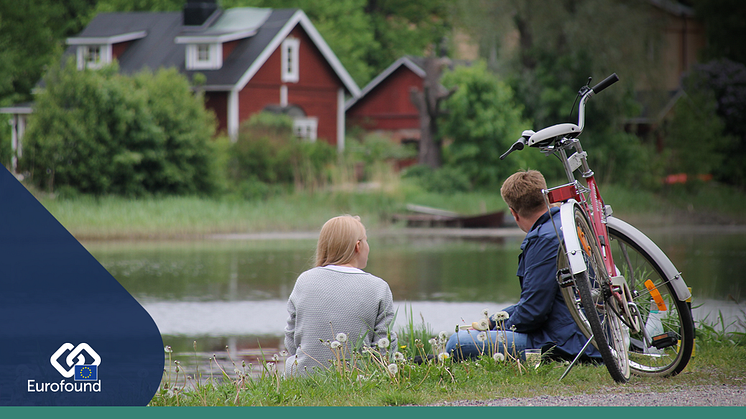
Estonia reports substantial increases to life satisfaction and happiness levels over the last fifteen years and optimism for the future is high with 69% feeling optimistic for their children’s or grandchildren’s future - above the EU average of 57%. Coupled with this, the perceived quality of public services has improved with childcare and public transport seeing the greatest increases.

A new analysis of EU-level data by Eurofound shows that one in three households in the EU is now single occupancy. Germany now has the largest proportion of the population living in single-person households, and large increases in the share of the population living alone have been reported in Lithuania and Bulgaria.
